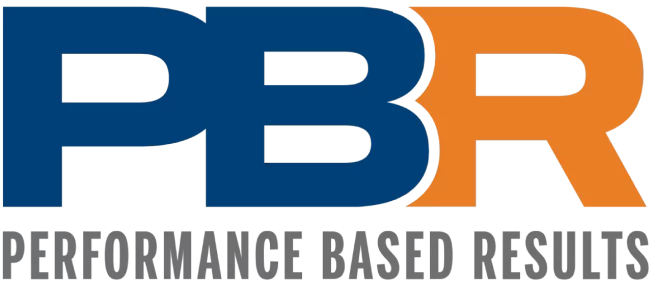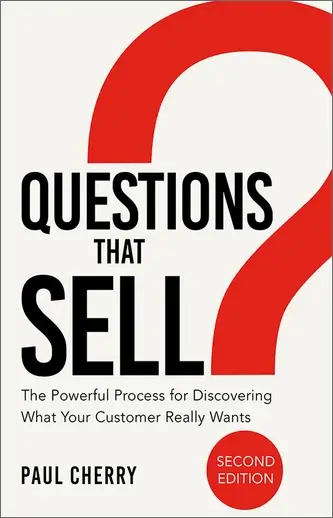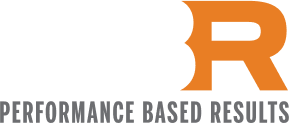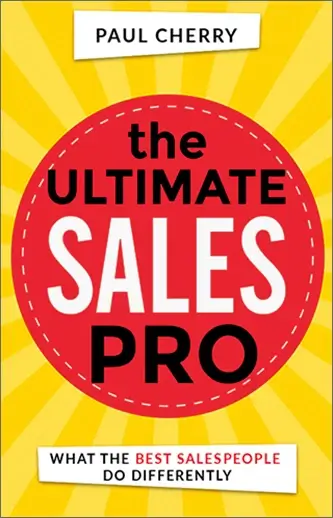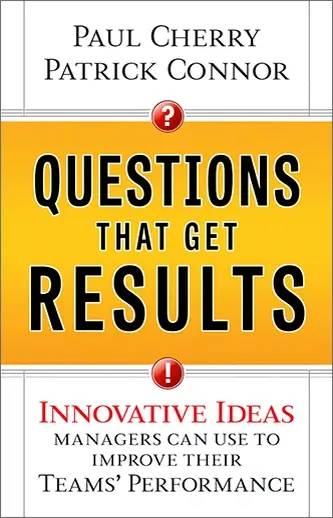Dear Paul,
What’s the best way to open a successful first meeting with a prospect? In my experience, I’m finding these initial sales meetings are either hit or miss. And most of the time, they’re a miss!
For instance, sometimes, I arrive at a sales call and realize almost immediately that the sales opportunity simply does not exist. When that happens, I start looking at my watch and get ready to bolt whenever they give me an opening.
Last week, I had a meeting with a new prospect that I had arranged weeks earlier. I was hopeful that there might be an opportunity, but then the prospect immediately created a barrier. He said, “We only have 10 minutes, what do you got?” I was not prepared to be rushed, and I lost focus and was off my game. The meeting was not successful.
Of course, sometimes I do end up “hitting it off” with a new prospect. But I feel like those opportunities are found more by luck, and not by any particular sales technique I have employed.
When planning a sales call, how do I shift my focus to discover the real opportunities? How can I “weed out the duds” and stop wasting of my time?
Sincerely,
Trying to Prepare
Dear Trying to Prepare,
Planning and researching are so important when starting a new customer relationship. When you call a prospect and get them to agree to a meeting time, before you end the conversation, let me provide you with a vital planning tip, so your first meeting is a successful one.
Ask your prospect one important introductory question
Ask your new prospect the following open-ended question:
“So that I can prepare for our meeting and address what’s important to you, what’s one area you are looking to address when it comes to ______________?”
In most cases you should have researched the new prospect and be familiar with issues or challenges his company or industry may be facing. In doing so, customize your question by interjecting a particular issue that your prospect may be grappling with. Issues like:
- Safety
- Employee engagement
- Patient compliance
- Workforce productivity
- On-time deliveries
- Customer retention
- Shortening lead times
- Profitability
- Security
For example, I might ask,
“So that I can prepare for our meeting and address what’s important to you, what is one area you are looking to address when it comes to getting your sales team to meet or exceed sales targets this year?”
Benefits of asking this one important question
- Will get prospects talking about:
• Their problems
• Their concerns
• Their goals for the future - Will let you know if the prospect has enough knowledge and understanding to be worth your time. If there is a great deal of hesitation in their answer, or if the prospect says he or she doesn’t have experience or concerns with what you are discussing, then you know you need to meet with someone else in the organization who is dealing with the issue you can address.
- Will open up discussion about a prospect’s level of satisfaction with their current vendor, the probable size of this opportunity, and how receptive the prospect is to change.
- Will put you in the driver’s seat. You can use all of the information from your prospect’s answer to better prepare for your meeting, go in with confidence and be laser-focused to address what’s important to him or her.
